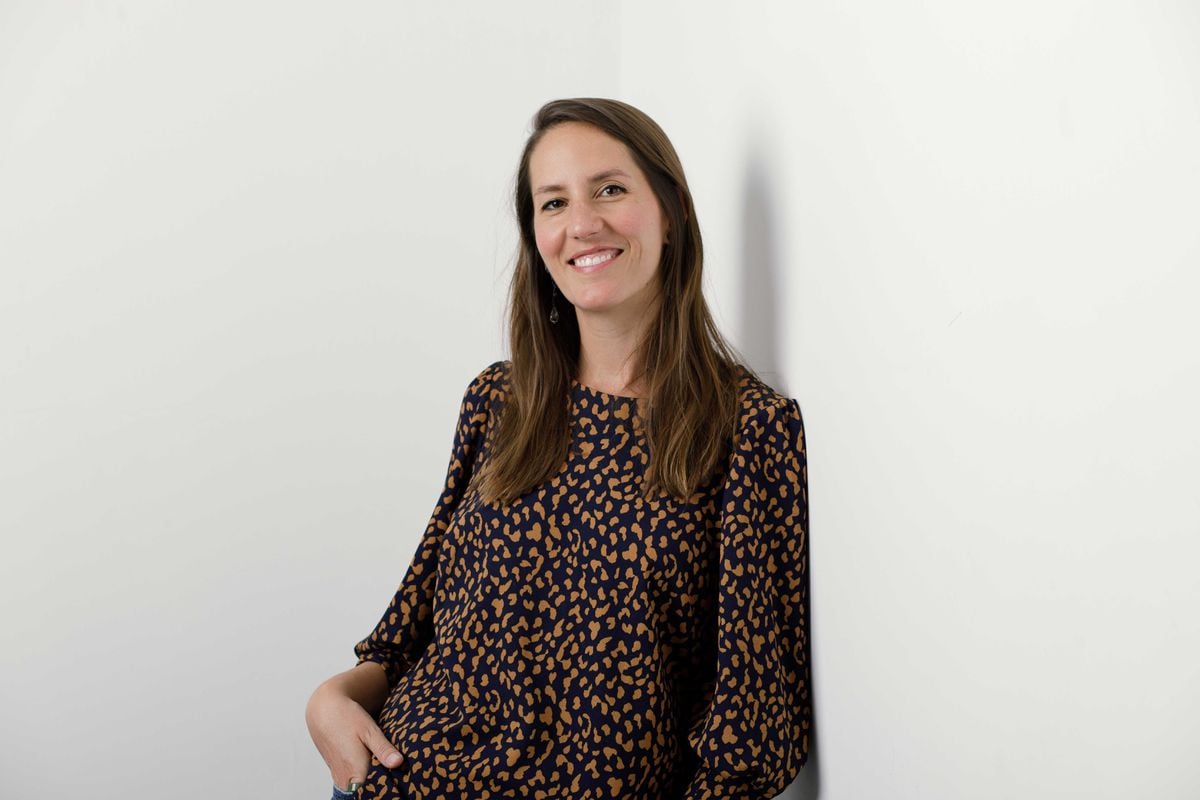EL PAÍS offers the América Futura section openly for its daily and global information contribution on sustainable development. If you want to support our journalism, subscribe
here
.
The doors to studying a scientific or technological career have historically been closed to women. A few decades ago, they began to open up timidly, but the distance between men and women in this area is still enormous. In Latin America, only three out of ten students in STEM degrees (science, technology, engineering and mathematics) are women, according to UNESCO. The number shrinks even further when we review how many these companies are leading; less than 25%. Laboratoria was born in this context of inequality and with the motto “You can't be what you can't see.” This empowerment and mentoring group has involved almost 4,000 women in 11 countries in the region with three objectives: promote women's technological or scientific careers, train them comprehensively, and connect them with the business community. “There is still a long way to go,” says Gabriela Rocha, co-founder and CEO.
They started in 2014 in Lima, Peru, with a proposal as simple as it was necessary: a grid of programs designed to empower and educate in technology those who have not felt so invited to do so in order to have a more diverse, inclusive and competitive digital economy. “More women working in technology means more women building the future of our region,” says its website. A decade later, the team has grown and the goals are a little closer. With a presence in 11 Latin American countries, the organization has graduated more than 3,800 women through its technical skills camps. 77% of them currently have a job. “We use a transformative educational model so that, in a short time, we identify talented women and train them comprehensively so that we can later connect them with companies,” says Mariana Costa, co-founder and CEO of Laboratoria.
The organization estimates that some 1,300 national and international companies have hired one of its graduates. The average salary is around $1,300. However, the challenges also have to do with maintaining jobs. “They are the last to arrive and the first to leave,” lamented Rocha. As she explained in a press conference of the group in which they reviewed their ten years of history and the challenges of the sector, the expert
He talked about how the pandemic was a clear example of the gender roles still anchored in these types of companies. “When there is an impact on the economy, as happened with Covid, those who left work to take care of their families were women who, in addition, tend to earn on average less than couples,” she lamented.
“There are few policies in both the public and private sectors to avoid the tendency for layoffs to affect women more than men.” According to an Accenture study, 45% of layoffs linked to the economic recession in 2022 and 2023 in the
tech
industry were women; despite the fact that they represent only 15% of the sector. “If we do not ensure that women not only enter, but also maintain and grow, they will always be much more affected in any macroeconomic cycle,” explained Rocha.
Therefore, for Costa it is important to break down gender stereotypes. “They take us away from these career choices. That's the best way to close gaps; from childhood games to the messages we receive in adolescence or how engineering careers are sold. We can still transform that,” he encouraged. For her, one of the first battles of governments should be the redistribution of care. “This continues to keep us from growing in more competitive positions.”
Rodulfo Prieto, Mariana Costa and Gabriela Rocha, co-founders of Laboratoria. Valeria Martens
References are essential. It's hard to see that you can achieve something that no one else has achieved. That is why one of Laboratoria's star programs is mentoring. “It is important that women enter to take advantage of the opportunities of the digital economy, but also to change the industry,” Costa says.
Another of the topics they celebrated was the existence of a growing technology learning ecosystem, such as Platzi, Profe Social, Suonos or Crack the code. “The only thing is that all of them are in charge of training
junior
positions
. And this is where the layoffs are most noticeable. (...) The women who entered [the sector] will continue to need training. If technology had changed ten years ago, now more so and companies will need more and more
senior
talent ,” added Rocha. “That is why we accompany them from the moment they are interested until they have several years in a company in a leadership position.
“Tomorrow’s seniors are
today
’s
juniors.
”

